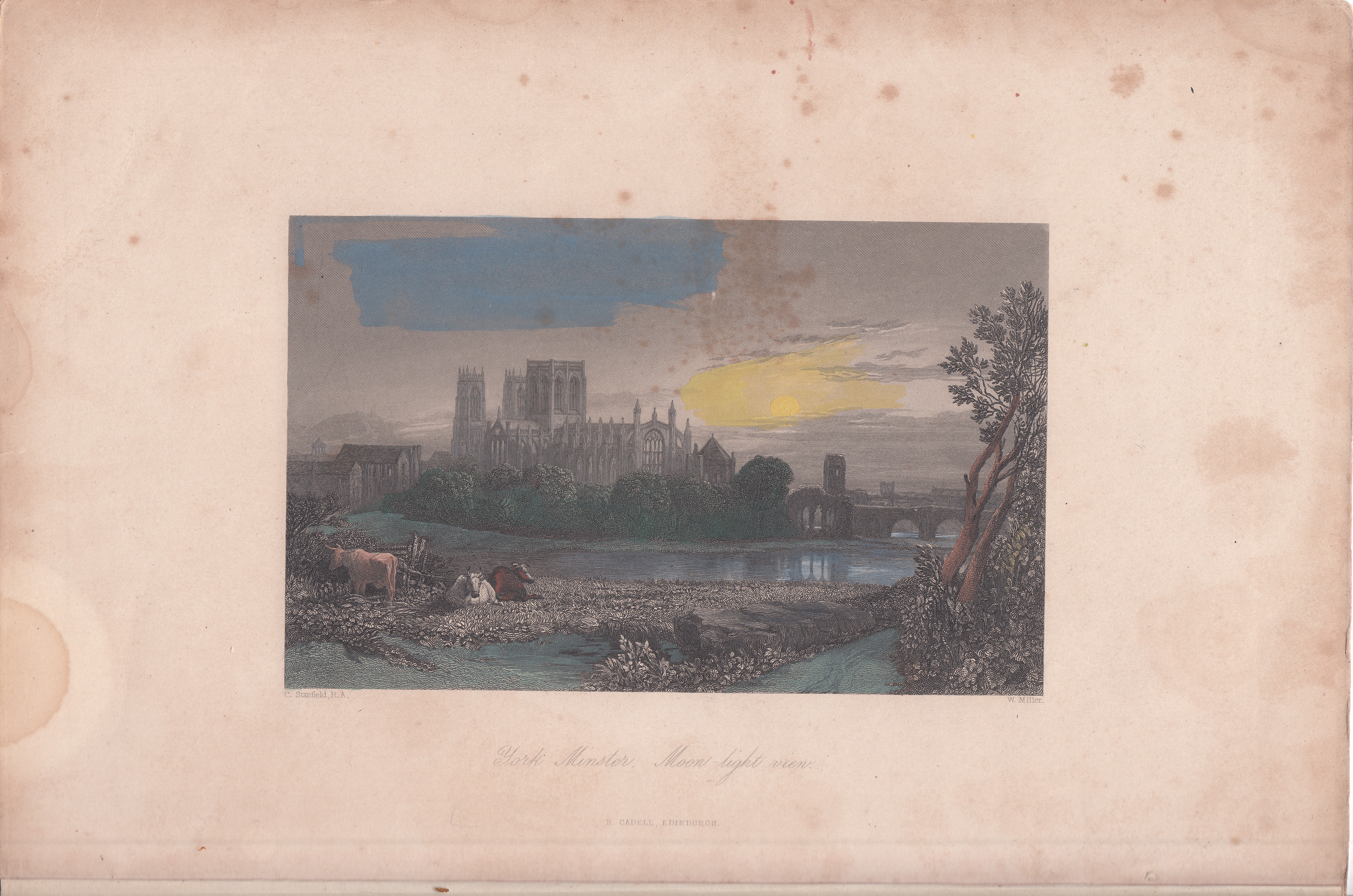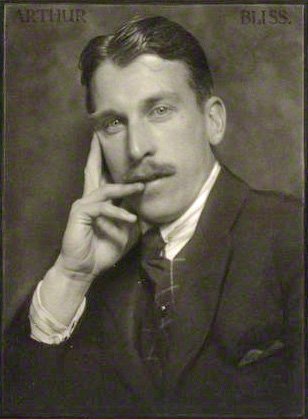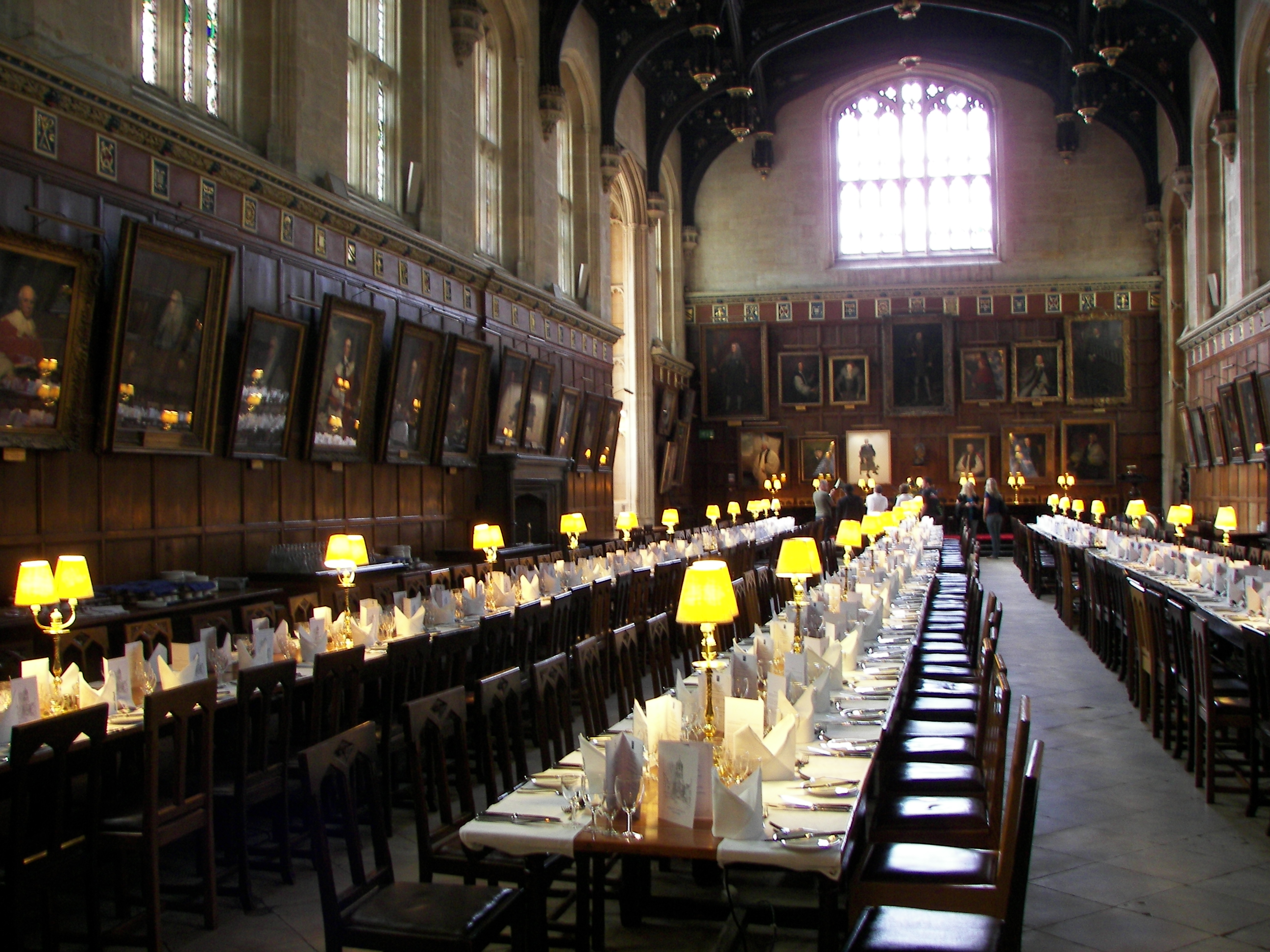|
Gerald Finzi
Gerald Raphael Finzi (14 July 1901 – 27 September 1956) was a British composer. Finzi is best known as a choral composer, but also wrote in other genres. Large-scale compositions by Finzi include the cantata '' Dies natalis'' for solo voice and string orchestra, and his concertos for cello and clarinet. Life Gerald Finzi was born in London, the son of John Abraham (Jack) Finzi and Eliza Emma (Lizzie) Leverson. Finzi became one of the most characteristically English composers of his generation. Despite his being an agnostic of Jewish descent, several of his choral works incorporate Christian texts. Finzi's father, a successful shipbroker, died a fortnight before his son's eighth birthday. Finzi was educated privately. During World War I the family settled in Harrogate, and Finzi began to study music at Christ Church, High Harrogate, under Ernest Farrar from 1915.McVeagh, p. 9 Farrar, a former pupil of Charles Villiers Stanford, was then aged thirty and he described Finzi as ... [...More Info...] [...Related Items...] OR: [Wikipedia] [Google] [Baidu] |
York Minster
York Minster, formally the Cathedral and Metropolitical Church of Saint Peter in York, is an Anglicanism, Anglican cathedral in the city of York, North Yorkshire, England. The minster is the seat of the archbishop of York, the second-highest office of the Church of England, and is the Mother Church#Cathedral, mother church for the diocese of York and the province of York.It is administered by its Dean of York, dean and Chapter (religion), chapter. The minster is a Grade I listed building and a scheduled monument. The first record of a church on the site dates to 627; the title "Minster (church), minster" also dates to the Anglo-Saxon period, originally denoting a missionary teaching church and now an honorific. The minster undercroft contains re-used fabric of , but the bulk of the building was constructed between 1220 and 1472. It consists of Early English Period, Early English Gothic north and south transepts, a Decorated Gothic, Decorated Gothic nave and chapter house, and a ... [...More Info...] [...Related Items...] OR: [Wikipedia] [Google] [Baidu] |
Joy Finzi
Joyce Amy Finzi (; 3 March 1907 – 14 June 1991), commonly known as Joy Finzi, was a British artist and founder of the Finzi Trust, a foundation named for her husband, composer Gerald Finzi. Life and career She was born Joyce Amy Black in Hampstead, London in 1907. She studied music and art, and married Finzi in 1933. They had two sons, Christopher and Nigel. Together with her husband, Finzi played an important part in founding the Newbury String Players. She devoted much time to preserving the work of composer-poet Ivor Gurney, continuing her husband's work after his premature death in 1956. She sketched portraits of contemporary musicians including Ralph Vaughan Williams, Sir Adrian Boult, Howard Ferguson and Sir Arthur Bliss, and writers including Edmund Blunden, Ursula K. Le Guin, Sylvia Townsend Warner and David Jones.. In 1969, she founded the Finzi Trust to finance the recording of the work of her late husband Gerald (who had died in 1956), and other composers, and w ... [...More Info...] [...Related Items...] OR: [Wikipedia] [Google] [Baidu] |
Royal Academy Of Music
The Royal Academy of Music (RAM) in London, England, is one of the oldest music schools in the UK, founded in 1822 by John Fane and Nicolas-Charles Bochsa. It received its royal charter in 1830 from King George IV with the support of the first Duke of Wellington. The academy provides undergraduate and postgraduate training across instrumental performance, composition, jazz, musical theatre and opera, and recruits musicians from around the world, with a student community representing more than 50 nationalities. It is committed to lifelong learning, from Junior Academy, which trains musicians up to the age of 18, through Open Academy community music projects, to performances and educational events for all ages. The academy's museum houses one of the world's most significant collections of musical instruments and artefacts, including stringed instruments by Stradivari, Guarneri, and members of the Amati family; manuscripts by Purcell, Handel and Vaughan Williams; and a col ... [...More Info...] [...Related Items...] OR: [Wikipedia] [Google] [Baidu] |
Ralph Vaughan Williams
Ralph Vaughan Williams ( ; 12 October 1872– 26 August 1958) was an English composer. His works include operas, ballets, chamber music, secular and religious vocal pieces and orchestral compositions including nine symphonies, written over sixty years. Strongly influenced by Tudor music and English folk-song, his output marked a decisive break in British music from its German classical music, German-dominated style of the 19th century. Vaughan Williams was born to a well-to-do family with strong moral views and a progressive social outlook. Throughout his life he sought to be of service to his fellow citizens, and believed in making music as available as possible to everybody. He wrote many works for amateur and student performance. He was musically a late developer, not finding his true voice until his late thirties; his studies in 1907–1908 with the French composer Maurice Ravel helped him clarify the textures of his music and free it from Music of Germany, Teutonic inf ... [...More Info...] [...Related Items...] OR: [Wikipedia] [Google] [Baidu] |
Arthur Bliss
Sir Arthur Edward Drummond Bliss (2 August 189127 March 1975) was an English composer and conductor. Bliss's musical training was cut short by the First World War, in which he served with distinction in the army. In the post-war years he quickly became known as an unconventional and Modernism (music), modernist composer, but within the decade he began to display a more traditional and romantic side in his music. In the 1920s and 1930s he composed extensively not only for the concert hall, but also for films and ballet. In the Second World War, Bliss returned to England from the US to work for the BBC and became its director of music. After the war he resumed his work as a composer, and was appointed Master of the Queen's Music. In Bliss's later years, his work was respected but was thought old-fashioned, and it was eclipsed by the music of younger colleagues such as William Walton and Benjamin Britten. Since his death, his compositions have been well represented in recording ... [...More Info...] [...Related Items...] OR: [Wikipedia] [Google] [Baidu] |
Gustav Holst
Gustav Theodore Holst (born Gustavus Theodore von Holst; 21 September 1874 – 25 May 1934) was an English composer, arranger and teacher. Best known for his orchestral suite ''The Planets'', he composed many other works across a range of genres, although none achieved comparable success. His distinctive compositional style was the product of many influences, Richard Wagner and Richard Strauss being most crucial early in his development. The subsequent inspiration of the English folk music#Folk revivals 1890–1969, English folksong revival of the early 20th century, and the example of such rising modern composers as Maurice Ravel, led Holst to develop and refine an individual style. There were professional musicians in the previous three generations of Holst's family, and it was clear from his early years that he would follow the same calling. He hoped to become a pianist, but was prevented by neuritis in his right arm. Despite his father's reservations, he pursued a c ... [...More Info...] [...Related Items...] OR: [Wikipedia] [Google] [Baidu] |
Michael Hurd (composer)
Michael John Hurd (19 December 1928 – 8 August 2006) was a composer, teacher and author, principally known for his dramatic cantatas for schools and for his choral music. Life Michael Hurd was born in Gloucester on 19 December 1928 and educated at The Crypt School, Gloucester, and Pembroke College, Oxford, where he studied music with Thomas Armstrong and Bernard Rose.Geoffrey BushMichael Hurd, in Grove Music Online/ref> He was also a composition pupil of Lennox Berkeley. After National Service he taught at the Royal Marines Band School at Deal, (1953–59) before settling as a freelance composer in East Hampshire, where he took a leading role in the area's music-making. He bought the terraced, two-bedroom cottage at 4, Church Street, West Liss in 1961 and lived there for the rest of his life. Like his fellow Petersfield resident, the tenor Wilfred Brown, Hurd championed the memory of Gerald Finzi (co-editing the composer's correspondence with Howard Ferguson), as well a ... [...More Info...] [...Related Items...] OR: [Wikipedia] [Google] [Baidu] |
Edmund Rubbra
Edmund Rubbra (; 23 May 190114 February 1986) was a British composer. He composed both instrumental and vocal works for soloists, chamber groups and full choruses and orchestras. He was greatly esteemed by fellow musicians and was at the peak of his fame in the mid-20th century. The best known of his pieces are his eleven symphonies. Although he was active at a time when many people wrote twelve-tone music, he decided not to write in this idiom; instead, he devised his own distinctive style. His later works were not as popular with the concert-going public as his previous ones had been, although he never lost the respect of his colleagues. Therefore, his output as a whole is less celebrated today than would have been expected from its early popularity. He was the brother of the engineer Arthur Rubbra. Early life He was born Charles Edmund Rubbra at 21 Arnold Road, Semilong, Northampton. His parents encouraged him in his music, but they were not professional musicians, though h ... [...More Info...] [...Related Items...] OR: [Wikipedia] [Google] [Baidu] |
Howard Ferguson (composer)
Howard Ferguson (21 October 1908 – 31 October 1999) was a British composer and musicologist from Belfast. He composed instrumental, chamber, orchestral and choral works. While his music is not widely known today, his Piano Sonata in F minor, Op. 8 and his ''Five Bagatelles'', Op. 9, for piano are still performed. His works represent some of the most important 20th-century music to emerge from Northern Ireland. Biography Ferguson was born in Belfast and attended Rockport School in Holywood, County Down, where his musical talent was recognized, leading to several school prizes. The pianist Harold Samuel heard him in 1922 and encouraged his parents to allow him to travel to London to become his pupil. Following further studies at Westminster School, Ferguson entered the Royal College of Music in 1924 to study composition with R. O. Morris and Ralph Vaughan Williams. He also studied conducting with Malcolm Sargent and formed a lifelong friendship with fellow-student Gerald Finz ... [...More Info...] [...Related Items...] OR: [Wikipedia] [Google] [Baidu] |
Counterpoint
In music theory, counterpoint is the relationship of two or more simultaneous musical lines (also called voices) that are harmonically dependent on each other, yet independent in rhythm and melodic contour. The term originates from the Latin ''punctus contra punctum'' meaning "point against point", i.e. "note against note". John Rahn describes counterpoint as follows: Counterpoint has been most commonly identified in the European classical tradition, strongly developing during the Renaissance and in much of the common practice period, especially in the Baroque period. In Western pedagogy, counterpoint is taught through a system of species (see below). There are several different forms of counterpoint, including imitative counterpoint and free counterpoint. Imitative counterpoint involves the repetition of a main melodic idea across different vocal parts, with or without variation. Compositions written in free counterpoint often incorporate non-traditional harmonies and c ... [...More Info...] [...Related Items...] OR: [Wikipedia] [Google] [Baidu] |
Adrian Boult
Sir Adrian Cedric Boult, CH (; 8 April 1889 – 22 February 1983) was a British conductor. Brought up in a prosperous mercantile family, he followed musical studies in England and at Leipzig, Germany, with early conducting work in London for the Royal Opera House and Sergei Diaghilev's ballet company. His first prominent post was conductor of the City of Birmingham Orchestra in 1924. When the British Broadcasting Corporation appointed him director of music in 1930, he established the BBC Symphony Orchestra and became its chief conductor. The orchestra set standards of excellence that were rivalled in Britain only by the London Philharmonic Orchestra (LPO), founded two years later. Forced to leave the BBC in 1950 on reaching retirement age, Boult became principal conductor of the London Philharmonic Orchestra. The orchestra had declined from its peak of the 1930s, but under his guidance its fortunes were revived. He retired as its chief conductor in 1957, and later accepte ... [...More Info...] [...Related Items...] OR: [Wikipedia] [Google] [Baidu] |





